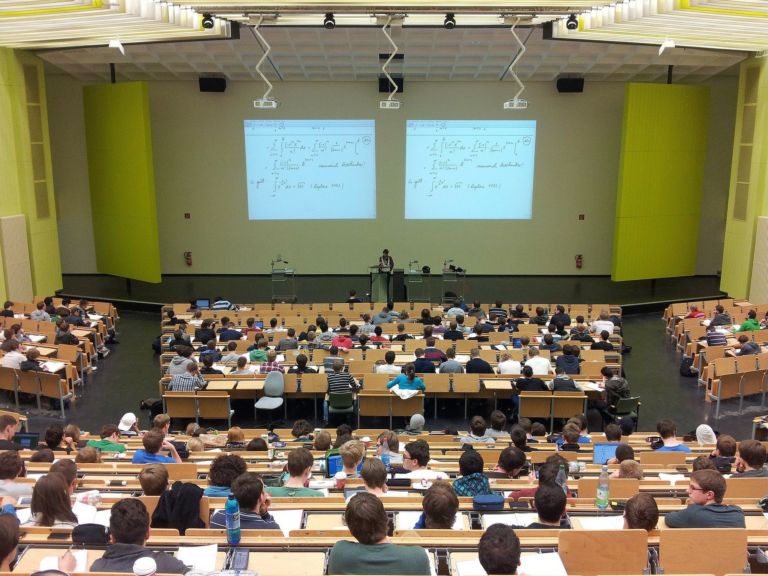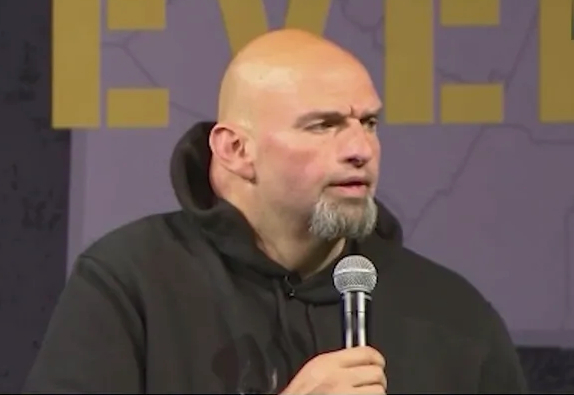Alexandra Orbuch writes for the Washington Free Beacon about one Ivy league school’s unusual approach toward American political history.
Princeton University celebrated Constitution Day in mid-September with an event featuring a panel of academics who spent 90 minutes deriding the country’s founding document as “a tool of geopolitical gaslighting” that “furthers a racial crisis and a democratic crisis.”
The event, titled “Citizenship and Its Discontents in Our Evolving Democratic Republic,” was billed as “a public occasion to consider the Constitution and its lived implications throughout United States history”—almost all of which, according to the panelists assembled, have been negative.
“There is a debate in this country as to whether the Constitution should be abolished,” said sociology professor Patricia Fernández-Kelly, who moderated the panel. She went on to argue that “the Constitution doesn’t provide an aspirational program to fulfill.”
A spokesman for the university, Michael Hotchkiss, declined to comment.
Fernández-Kelly was joined by panelists Rhacel Salazar Parreñas, a professor of gender and sexuality studies at the University of Southern California, who described the Constitution as “a tool of geopolitical gaslighting”; the political analyst Rich Benjamin, who argued that “the fact and the dogma of the Constitution” have caused a “racial crisis and a democratic crisis”; and history professor Rosina Lozano, who barely even addressed the Constitution, choosing to focus on how a lack of bilingual ballots caused the “disenfranchisement and mistreatment” of the Spanish-speaking community—including undocumented immigrants—in America for decades.
Princeton—like every other university that receives federal funds—is required to host an annual event marking Constitution Day that includes “an educational program about the U.S. Constitution for its students,” according to the Department of Education.
The event was once hosted by Princeton’s James Madison Program in American Ideals and Institution, run by prominent conservative legal scholar and public intellectual Robert P. George. The Princeton administration in 2007 transferred responsibility for the event to the Program in American Studies, which was recently folded into the university’s new Effron Center for the Study of America.


